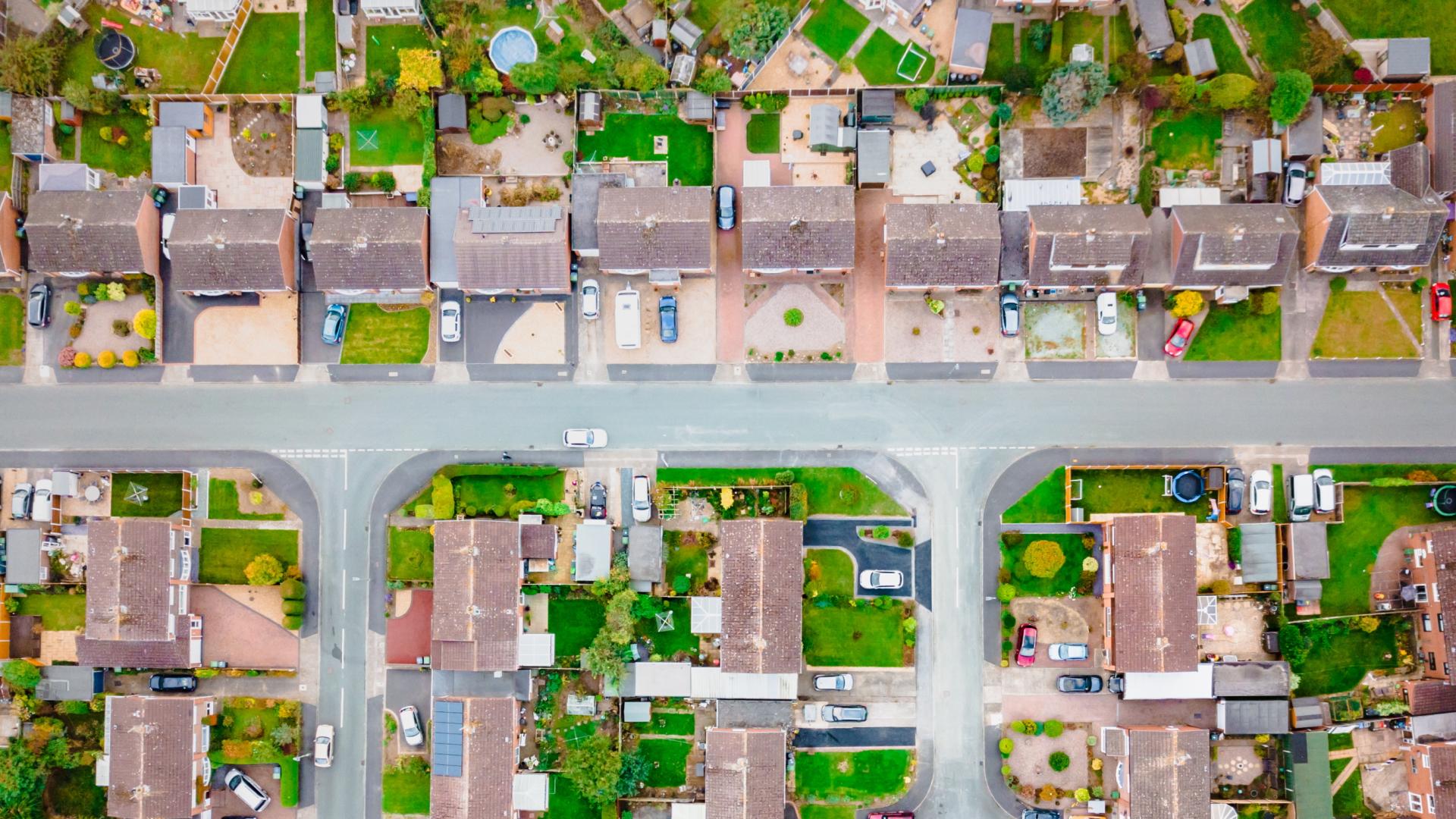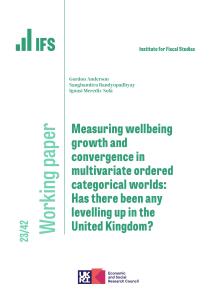
Even prior to the crisis, there was a sense that the UK is not only a highly geographically unequal country, but is also becoming increasingly so.
Listen now: Apple Podcasts | Spotify | YouTube | Acast | Google Podcasts | Stitcher | RSS
The COVID-19 crisis has brought to the fore increasing concerns about inequalities not only between different population groups – such as the gap between the rich and poor, young and old, and different ethnic groups – but also between people living in different places.
Even prior to the crisis though, there was a sense that the UK is not only a highly geographically unequal country, but also an increasingly geographically unequal one.
In this episode, we explore these geographical inequalities with David Phillips, Associate Director at IFS and an expert on devolved and local government finance.
Inequality: The IFS Deaton Review is funded by the Nuffield Foundation.
Host

Director
Paul has been the Director of the IFS since 2011. He is also currently visiting professor in the Department of Economics at University College London.
Participants

Associate Director
David is Head of Devolved and Local Government Finance. He also works on tax in developing countries as part of our TaxDev centre.
Podcast details
- Publisher
- IFS
More from IFS
Understand this issue

Sure Start achieved its aims, then we threw it away
15 April 2024

Social mobility and wealth
12 December 2023

How important is the Bank of Mum and Dad?
15 December 2023
Policy analysis

Living standards since the last election
21 March 2024

Major challenges for education in Wales
21 March 2024

Sliding education results and high inequalities should prompt big rethink in Welsh education policy
21 March 2024
Academic research

Labour market inequality and the changing life cycle profile of male and female wages
15 April 2024

Measuring wellbeing growth and convergence in multivariate ordered categorical worlds: Has there been any levelling up in the United Kingdom?
21 December 2023

There and back again: women’s marginal commuting costs
2 April 2024